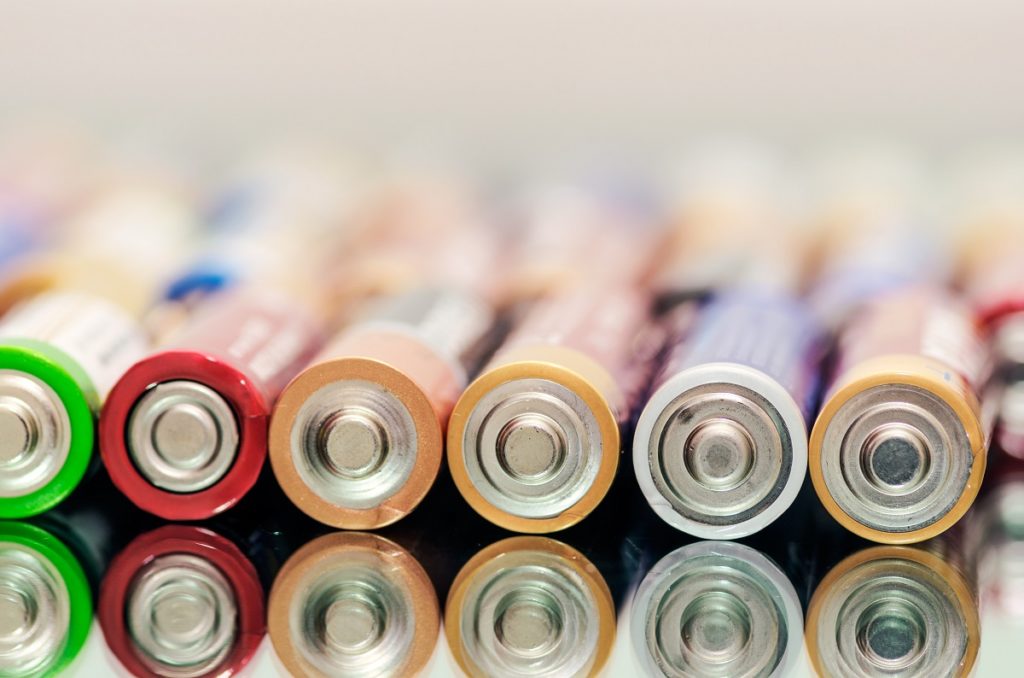Whether you practice waste segregation, you know that there are just some things you can’t throw in the garbage can. When you consider that your garbage may either be manually sorted by someone in a waste processing site or dumped in a landfill, you wouldn’t want your garbage to be harmful to anyone or anything that comes into contact with it.
So, how do you dispose of certain household items? Here’s what you need to know.
Grease and Used Cooking Oil
It’s never a good idea to throw grease and used cooking oil down the drain. When you dump grease or used cooking oil down your toilet or sink, those clumps can mix with the oil and water and eventually clog and damage your drains. And on a larger scale, the grease and oil you dump can affect your area’s sewers, waterways, and water treatment systems, which can come back to bite you when your community’s facilities clog or break down due to the amount of grease and oil people dump into their pipes.
The fastest way of disposing of cooking oil is to place it in a sealable non-recyclable container and then throw it in the trash. You could also just pour cooled oil into a trash can and let the rest of your waste absorb the oil. But if you want a greener and more eco-friendly solution, it’s best to save your used cooking oil and take it to a recycling center or places that accept used cooking oil. Many restaurants looking to go green partner with used cooking oil companies to recycle their large amounts of oil. In fact, some companies can even pay you for your used cooking oil, so it’s a win-win situation for your wallet and the environment.
Batteries
It’s OK to dispose of single-use batteries in regular garbage cans because, after 1996, battery manufacturers stopped adding mercury to their products. Single-use batteries nowadays are made with common metals that aren’t hazardous to the environment. The only exceptions, however, are if you live in California (where it’s illegal to throw away any type of battery) and if you’re throwing away button-shaped cell batteries, which still have hazardous substances.
Most rechargeable batteries, on the other hand, contain harmful substances like lead, mercury, acids, lithium, and other heavy metals. While throwing old batteries in the garbage is only illegal in some states, it is best to observe safe disposal methods, even if it is legal in your state.
Rechargeable and single-use batteries should be recycled. There are plenty of recycling facilities that collect single-use and rechargeable batteries. To make the trip worth your while, save all the spent batteries until you’ve collected enough to make a trip to your nearby recycling center. You can use Earth911’s recycling search to find a nearby recycling center that will accept your batteries.
Broken Glass

The danger of throwing away broken glass improperly is that you could be posing a safety hazard for the person who’ll be collecting and sorting your trash. So, broken, non-recyclable glass items like drinking glasses, light bulbs, mirrors, and windows need to be stored properly to avoid injury to anyone handling your glass.
The best way to throw small pieces of broken glass is to keep them in a paper bag or cardboard box. This prevents the small glass shards from scattering in your trash and possibly injuring anyone who sorts through it. For larger pieces of broken glass, place thick layers of tape over the sharp edges to prevent them from slicing through your garbage bag and from injuring anyone who picks up the bag.
Proper disposal of special kinds of waste ensures that the materials aren’t a hazard to you, another person, or the environment. These are just a few examples of items that need special care during disposal; to learn more, contact your local recycling center to see how you can properly dispose of other materials as well.
